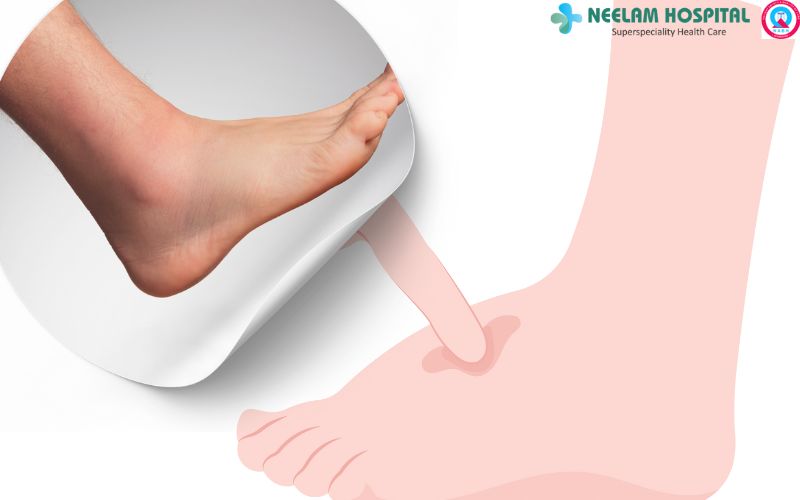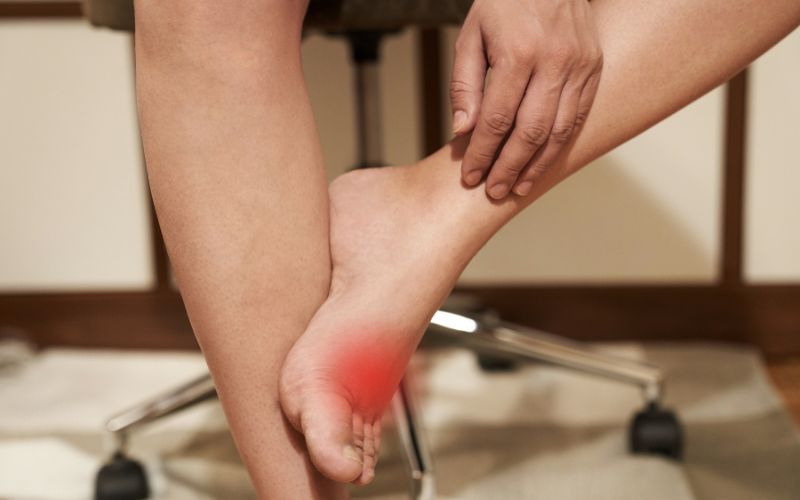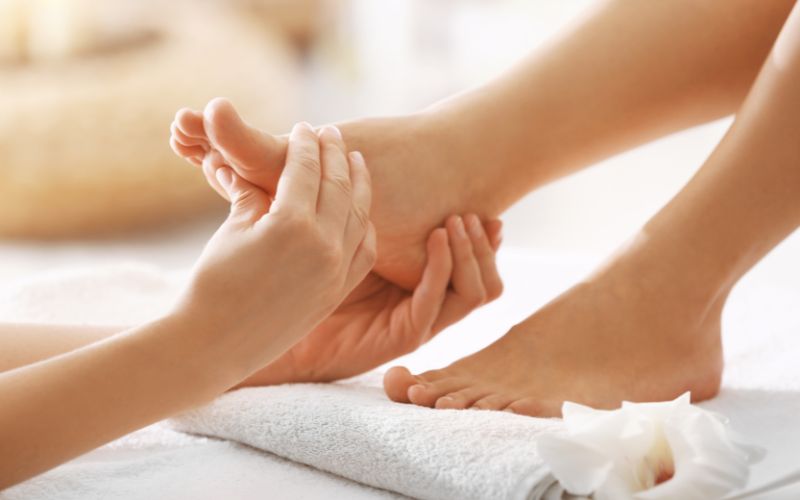
Welcome to Neelam Hospital, the best multispeciality hospital in Punjab, where we provide the best foot swelling treatment in the region. Our team of expert doctors and state-of-the-art facilities ensure that you receive the highest quality care to address and treat the underlying causes of foot swelling. This page will provide comprehensive information on foot swelling, its causes, treatment options, and why Neelam Hospital is your best choice for managing this condition.
Foot swelling, medically known as edema, is a common condition where fluid accumulates in the tissues of the feet and ankles, causing them to swell. This can result from various factors, including injuries, medical conditions, and lifestyle choices. It is essential to understand the root cause of swelling to provide effective treatment.

While occasional swelling can be harmless, persistent or severe swelling may indicate a more serious underlying condition. Seek medical attention if you experience:
At Neelam Hospital, we offer a range of treatments tailored to the specific cause of your foot swelling. Our multidisciplinary team ensures a holistic approach to your care.
Making certain lifestyle changes can help prevent foot swelling and improve overall health:

Elevating your feet is a simple yet effective way to reduce swelling. Here are some tips:
Use Pillows: Place pillows under your feet when lying down.
Chair Elevation: Use a footrest when sitting for long periods.
Bed Elevation: Raise the foot of your bed slightly to keep your feet elevated overnight.
Foot swelling is a common issue for diabetic patients due to poor circulation and neuropathy. Our diabetic foot care program includes:
For patients experiencing swelling in both legs and feet, we offer comprehensive care that includes:
Our treatment plans for swollen feet and ankles focus on both immediate relief and long-term management:
Choosing the right footwear can significantly impact your foot health. Here are some tips:
Choose Supportive Shoes: Opt for shoes with good arch support and cushioning.
Avoid Tight Shoes: Tight shoes can restrict blood flow and increase swelling.
Wear Compression Socks: These can help reduce swelling by improving circulation.
Here are some practical tips to help manage and prevent foot swelling:
If you are looking for the best foot swelling treatment in Punjab, Neelam Hospital is your ideal choice. Our comprehensive, patient-centered approach ensures that you receive the highest quality care tailored to your specific needs. Contact us today to schedule a consultation and take the first step towards healthier, more comfortable feet.
You can reduce foot swelling by elevating your feet, wearing compression stockings, staying hydrated, and avoiding prolonged standing or sitting. Gentle exercises like ankle pumps and foot stretches can also improve circulation and reduce swelling. Additionally, reducing salt intake can help manage fluid retention.
Swollen feet can be caused by various factors, including injury, prolonged standing or sitting, medical conditions like heart or kidney disease, medications, and infections. Lifestyle factors such as obesity and pregnancy can also contribute to swelling in the feet and ankles.
Yes, a diet high in salt can cause fluid retention and lead to foot swelling. Processed foods and fast foods are typically high in sodium. It’s important to maintain a balanced diet with fresh fruits, vegetables, and whole grains to help reduce the risk of swelling.
Regular physical activity, maintaining a healthy weight, reducing salt intake, staying hydrated, and wearing supportive footwear can help prevent foot swelling. Elevating your feet and avoiding tight clothing that restricts blood flow are also effective measures.
You should see a doctor if your foot swelling is sudden, severe, or persistent, especially if it is accompanied by pain, redness, or difficulty walking. These symptoms may indicate a serious underlying condition that requires medical attention.

